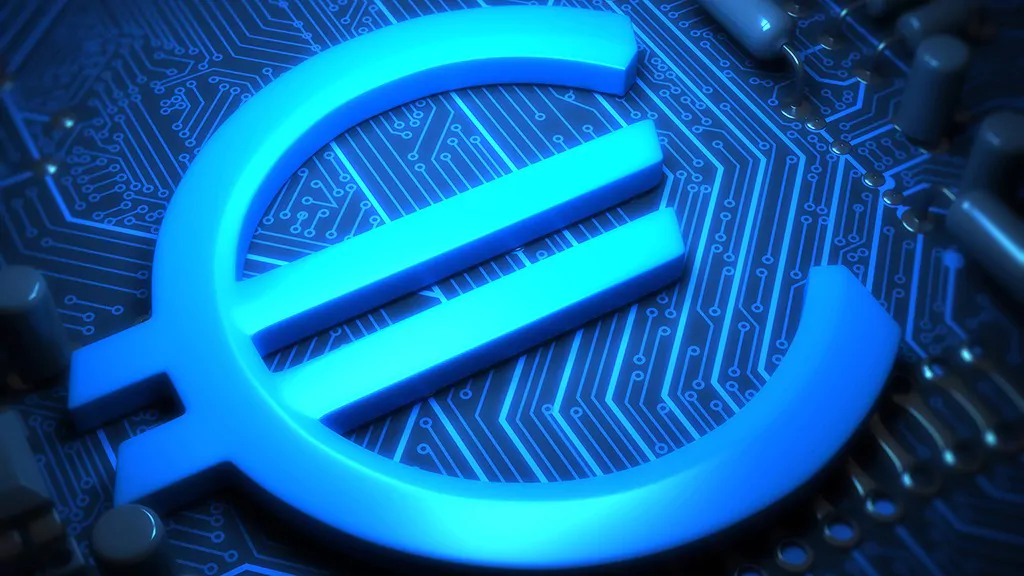Is it possible that one day every European will have a digital euro account with the European Central Bank (ECB)? The Frankfurt institution is set to launch its most important project since the introduction of the euro on Wednesday, starting with an evaluation phase, followed by tests.
Urmărește mai jos producțiile video ale Economedia:
- articolul continuă mai jos -
If all goes well, the digital euro could be launched around 2025, giving citizens a new means of payment, according to Agerpres.
The ECB wants to join the growing trend of cashless payments, which has intensified with the Covid-19 pandemic. Even in Germany, where cash has long been king, in 2020, for the first time, consumers paid more by card than by cash.
The ECB fears that this trend will be one that will benefit private virtual currencies or foreign currencies. In 2019, a Facebook project to create its own virtual currency caused a real shock. In parallel, several countries, such as China or the United States, are working on their own cryptocurrency. Beijing has already begun testing e-yuan payments via mobile phone, with the goal of making e-yuan an international benchmark.
“A sovereign Europe needs innovative and competitive payment solutions,” German Finance Minister Olaf Scholz said recently.
The digital euro will allow households and companies to deposit this currency directly into an account opened with the central bank, to which access was previously reserved only for commercial banks. This money will be protected against any risk of loss, a strong argument at a time when the European Deposit Guarantee Project is at a standstill.
The ECB promises a quick, easy and completely secure way to pay for purchases at the supermarket, online via a smartphone application for example, as well as outside the online domain with payment cards similar to debit cards.
The stake will be “convincing consumers to move to a new means of payment that does not differ from those in terms of treatment and range of services,” says Heike Mai, an economist at Deutsche Bank.
“Consumers’ payment habits will not change with the launch of a digital euro,” said Guido Zimmermann, an analyst at LBBW. But that could change in a few years, when the number and shape of electronic coins will increase, the analyst adds. For example, users will be able to make transfers or payments between Europeans, limiting bank charges, thanks to a digital euro wallet, available 24 hours a day.
The difference from a cryptocurrency, such as bitcoin, is that the latter is not an official means of payment. Its unit of account is not defined by the state but is issued by private organizations.
Central banks want to bring stability to the highly speculative world of digital currencies, whose prices have fluctuated significantly in the last year.
“One euro today must be worth one euro tomorrow, in cash or digitally,” the ECB said.
The Frankfurt institution must take into account Europeans’ concerns about the protection of their privacy, one of the main concerns expressed in recent ECB surveys. Data should be better protected with a digital euro than with alternatives proposed by private providers, the ECB says.
However, the main risk is the flight of those who save to the new forms of currencies, which avoid the fees of a classic savings account, which would weaken the banks in the euro area. As a result, the ECB is considering charging currency deposits with the central bank, beyond a certain threshold, such as 3,000 euros, said Fabio Panetta, a member of the ECB’s steering committee. “We will continue to supply coins,” says Fabio Panetta.

 Sursa foto: Banca Centrala Europeana
Sursa foto: Banca Centrala Europeana





























